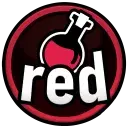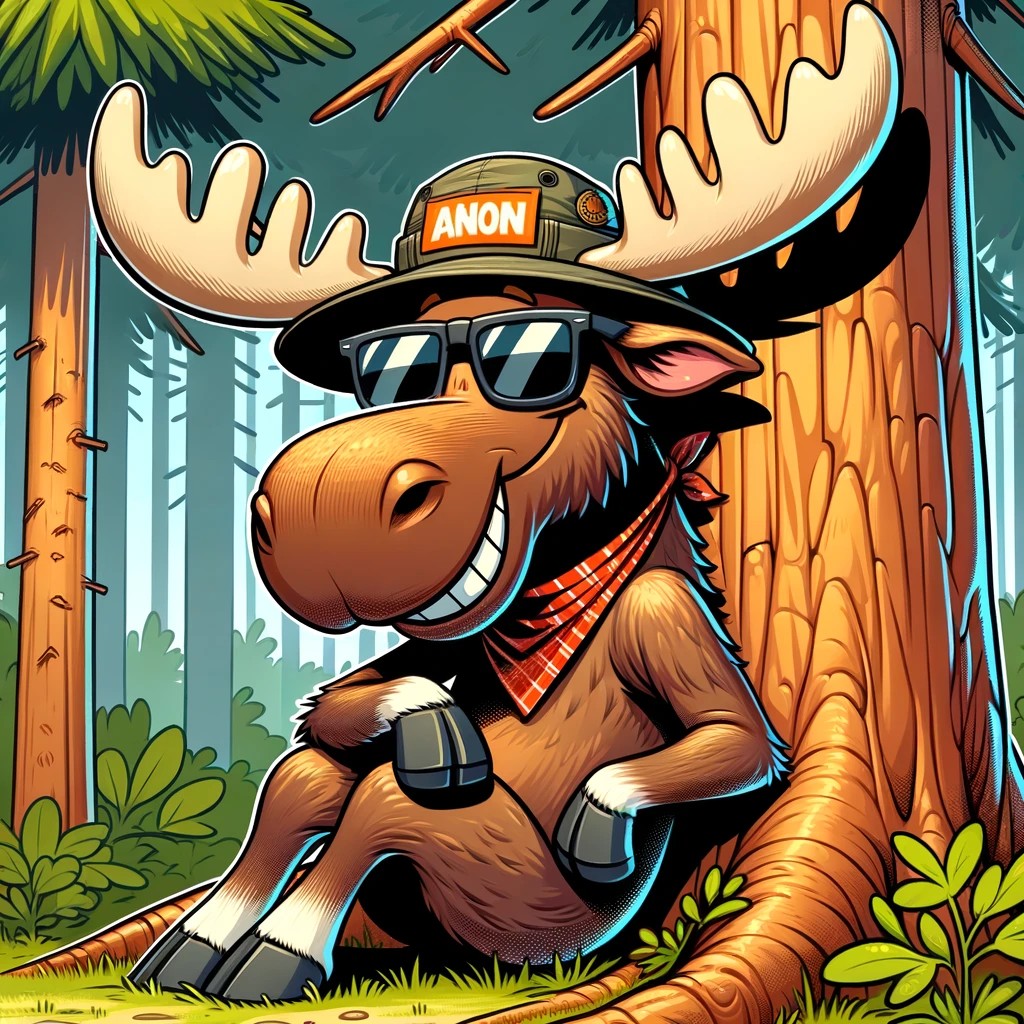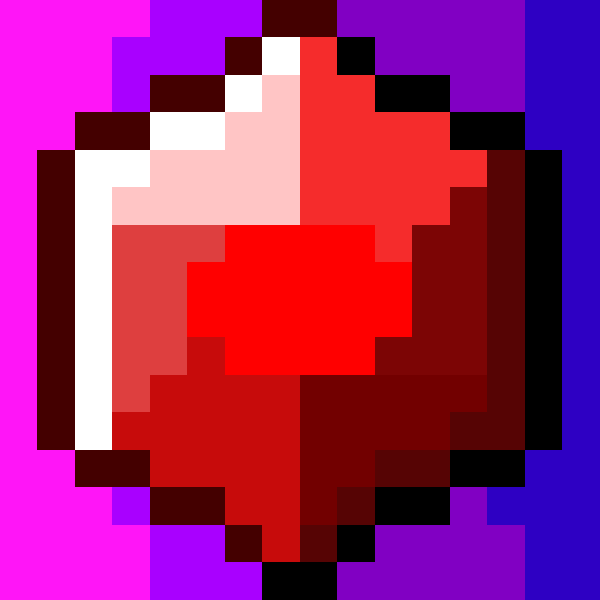Do y’all actually pronounce dragon with a j sound? How???
English phonology, American English dialects’ (and other dialects’) /r/ is usually pronounced retracted, post-alveolar/pre-palatal (usually bunched/molar), transcribed something like [ɹ̠ᶹ], so it causes alveolar consonants in the same cluster to retract/palatalize, usually into a post-alveolar affricate ([d͡ʒ] – the “j” sound for voiced stop /d/, [t͡ʃ] – the “ch” sound for voiceless stop /t/, [ʃ] – the “sh” sound for voiceless fricative /s/). The term would be assimilation (of place of articulation).
“Dragon” /dræ.gən/ -> [dɹ̠æ.ɡɪ̈n] -> [d̠ʒɹ̠æ.ɡ(ɪ̈)n]
You can see the same thing with words like “tree” /tri/ -> [t̠ʃɹ̠i] or even “street” /strit/ -> [ʃt̠ɹ̠it]
Would explain simpler but can’t, break ends now, just know its because consonant pronounced in different place in mouth is conforming to being pronounced in the same place in mouth as other consonant that is right beside it (like with “in-” vs “im-”, “impractical”, which notably isn’t “inpractical”, or “incandescent” which notably isn’t “imcandascent”, or “indecisive” etc. etc.)
This explanation makes me feel stupid
They made almost no attempt to put it in layman’s terms, which means as an explanation it is not very helpful unless you already know enough about the topic to not need to ask about it in the first place. Correct and unhelpful. But I guess they were busy.
Schools need to teach IPA. It’s basically a universal language. (Lol plz dont hit me)
What would be a good place to start with IPA? Going off Wikipedia’s pages on the matter is like Force’s comment, well-intentioned but not a great intro as you flit back & forth across the tables making sense of it.
I also vaguely remember a similar experience with physical dictionaries, which I think tend to have some kind of IPA (or related) pronunciation guide in them. It’s been awhile since I’ve used one though, hence the foggy memory, and some online dictionaries seem to have given up on showing IPA pronunciation guides.
I guess I sounded angrier than intended or something. I just didn’t want @glibg10b@lemmy.ml to feel stupid.
He can explain it to you, but he can’t understand it for you. /s
I understood it, after I googled a lot of what they said. And I’m not trying to give them shit, they made an effort to be helpful, it just wasn’t really.
But it was. And educated you as well. Win-win.
I mean the quality of an explanation is a matter of opinion. I already admitted it was a technically correct explanation, but I stand by my opinion. You can disagree but have failed to convince me to think otherwise.
I love seeing linguists on Lemmy. Wish we had a bigger community.
To put it in layman’s terms just focus on explaining that J is often [d͡ʒ] which already has a D sound in it.
Okay, I think I get it. When I say “dr-” the r is made with the tip of my tongue just behind my front teeth, but when I say “jr-” (like in badger), the r is made with the middle of my tounge in the middle of my mouth. Neat!
you’ve written tree as “tshree” there.
Hey there now. We aint knowing any of your elvish. Best keep that to yourself, ya understand?
Mae g’ovannen!
Gragon
Don’t start the gif/jif wars again.
It’s clearly yif
I’m thinking it’s a regional thing and this guy is from my general region, it’s totally a thing out here. The letter “T” is really only useful on paper, people use “D” when they speak for the most part for “T” (except for T’s followed by an “h”), and “J” is any “D” when followed by an “r”. Side note, i found it jarring when I was younger and saw a Superman cartoon for the first time, and all the characters were pronouncing “Luthor” as “Luthor”, not “Luther”
Haha same here. And to add onto the Luthor bit, everyone I know pronounces “-or” and “-er” words as “-ir”. Pretty much everybody agrees it sounds stupid, but nobody has the power to stop it.
I mean, we don’t think it sounds stupid, it’s just normal. I’d not have noticed if i hadn’t spent so long abroad, where people though my accent was peculiar, and later laughed often when they’d hear my voice revert halfway through overheard phone calls home. That and owning a bar in my home region and often listening to the wildly different accents people rolling through. Englishmen berating me for my pronunciation of words like “Wilstshire” and “Cheshire”, “Jaguar”, “Brown Sauce” while they order a Kokanee but pronounce it “Cocainee”
Жragon (ZHragon)
I think this is how you’re supposed to say gif
Джragon (dZHragon = jragon)
Jereggin for sure
I didn’t think so either till I pronounced it out loud. WTF is going on?
Too many jrux
Jrove him to madness.
What a tradedy 😔
*trajedy
*trajeudi
Jaringly, Jave jid jeclare,
jreadfully jaft to jare
To jub ‘jragon’ with ‘J’,
jiminishing its jisplay!
joesn’t jecency in jialogue care?
Imajin Jragons
The spelling of someone who’s breathing in the chemicals
What accent is this? In mine the D is hard and it sounds different
I believe it’s called affrication – changing a stop to a fricative.
T can become “ch”, and d can become a “j” sound.
This can happen in some North American accents when you have a T or D followed by an r or a y sound.
Train might sound like Chain, Drain might sound like Jrain.
My favourite is “Tuesday”, where some people add a y before the “oo” sound, and it becomes “Chewsday”. Or “Chewsdi” if they shorten the “day” to “dee”.
The “y” before “oo” can also happen in words like news and tube, giving us a potential for “Chyoob” instead of “tube”.
I’ve found that t to ch before r is more common among Gen X and younger, and Boomers tend to only make the change before y. But Gen X and younger tend to not have the y in words like “tube”, so that comes up less often.
D to J before r seems to be pretty common in all ages.
Getting people to hear the difference can be hard, especially if they’re self conscious about it. If you can get someone to say “Dane” and “Drain” (without saying the words yourself), then you can probably hear the difference…as long as they don’t know that you’re listening for a dr => jr sound change. Most people, even those who make tr => chr and dr => jr naturally are still capable of producing pure “tr” and “dr” if they try.
TLDR - english accents allow for grotesque changes in phonetics and think it’s ok
I wouldn’t call it grotesque. “t” and “ch” are very similar sounds, phonetically.
I think we’re all okay with language change, unless you’re pronouncing the k in “knife”, the p in pterodactyl, and the gh in “laugh” glottally instead of like an “f”.
The knight’s knife shines in the night. Now with an aussie accent:
the noyt’s noyf shoyns in the noyt
Da naits naif shainz in da nait!
TMI
This is a great video explaining the phenomenon
Great Plains, western and north.
English language doesn’t have an alphabet - change my mind (especially british, but american only made one step in the right direction and then stopped)
English is a pictographic language with 26 radicals https://www.smbc-comics.com/comic/pronounce
But it’s really not a fun fact
Exactly! That’s the most appropriate description!
jropped
deleted by creator
Giraffis
It wasn’t the dropping, it was the alcohol.
In high school, I wrote a play for my creative writing class where the main character named Jrue—named after Jrue Holiday, one of my favorite basketball players.
I remember the teacher got a kick out of it.
J is often /d3/ in English so yea there’s a D
Джрагон… Cyrillic makes so much more sense, why the heck did we have to get stuck with Latin (+ 2 runes)…?
Jungeons and Jragons
Roll the jice. 1J20 to attack.
I’m sure the Swedes would find a way yo fuck it up. “Yeah-ragon” or “Ji-ragon” or something.
giragon
I don’t know why I can actually tell the difference phonetically between “dragon” and “jragon”, maybe I just pronounce things weirdly.
I think it’s because d and j are different letters and are pronounced different.
Here is an alternative Piped link(s):
https://piped.video/RRs103ETh2Q?si=IxHkZH2MaKLAxj49
Piped is a privacy-respecting open-source alternative frontend to YouTube.
I’m open-source; check me out at GitHub.
deuce, dews, jews, juice
lead, led
don, dawn
but, butt
you, yew
so, sow, sew, soul
pain, pane, Payne
John, Jon, Jean, Jaune
Was only gonna due the first example butt turns out English has a Lotte of these.
It really depends on accent. For me, half of these sound very different.























